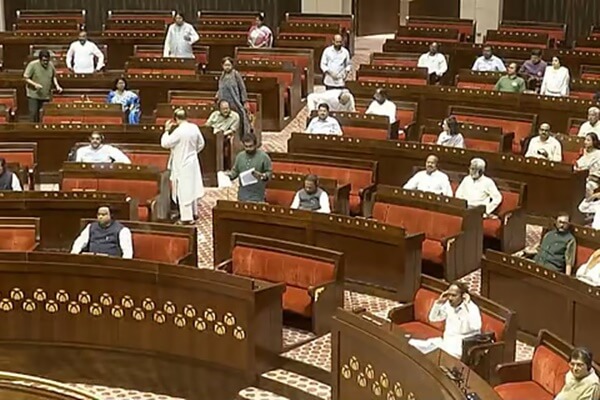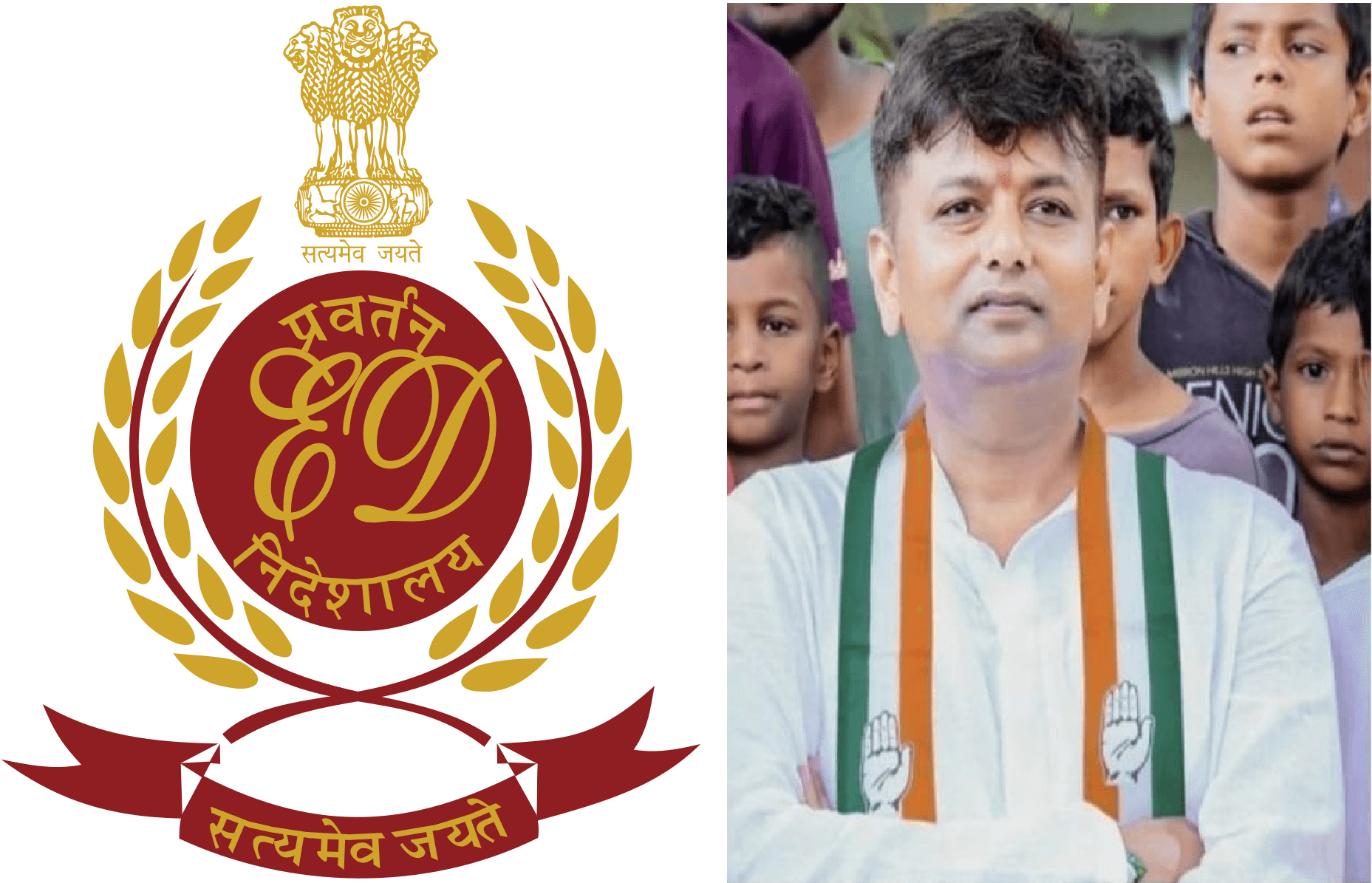
The unexpected decision by Indian authorities to introduce a ban on online gaming has led to a rapid exodus of leading market operators. The largest companies have already ceased operations, and the industry has been truly shocked. Why did the country take such a drastic step, and how will this affect the economic and sports life of India?
New Law: What Was Changed and Why

The federal bill “On Promotion and Regulation of Online Games,” introduced to parliament on August 20 and approved as early as August 23, 2024, has been described by experts as one of the swiftest decisions in India’s digital services market. The document defines “real-money gaming” as any online game where a user pays a fee or places a monetary bet with the expectation of winning a reward that brings material or other benefits. The law covers both gambling and platforms offering skill-based competitions.
The main argument of lawmakers is the protection of citizens and the desire to rein in an expanding, uncontrolled sector. According to the initiators, the new rules are intended to prevent cases of addiction and illicit money flows. However, will this not create new problems related to the industry going underground?
Market Reaction: How Major Players Respond to the Ban

Almost immediately after the law was passed, the Flutter Entertainment group announced the withdrawal of its subsidiary Junglee Games from the market.

In an official statement, the management expressed disappointment at the sudden changes and the lack of dialogue with business representatives.
According to Flutter CEO Peter Jackson, Junglee invested significant resources in development over four years, built a team of more than 1,100 employees, and consciously structured its operations around legal, skill-based products.

A similar decision was made by the leader in fantasy sports games, Dream11. The company not only shut down its real-money gaming products but also withdrew from a sponsorship contract with India’s national teams worth ₹358 crore ($35 million). In a comment on LinkedIn, Dream11 representatives emphasized: “From the very beginning, we have complied with the law and believed in progressive regulation. Now we respect the adopted rules and fully comply with them.”
Following these giants, platforms such as My11Circle, Zupee, Gameskraft, MPL, and Probo also ceased operations. The departure of several operators at once resembles a domino effect: the imbalance in the system instantly spreads throughout the sector. According to india1win, the major online casino 1win is still operating in India, as are other well-known brands Parimatch and Melbet. But how long this will continue is unknown.
A special role in the discussion was played by the question of the distinction between skill-based online games and gambling. Many operators, including Dream11, insisted that their services are competitions of knowledge and strategy, not mere luck. However, the new law did not make a clear distinction between them.
Impact on Sports and the Economy: Disappearance of Sponsorships

One of the main blows was the loss of sponsorship support. Dream11’s withdrawal from the contract with the national teams deprived Indian sports of a key source of funding on the eve of major tournaments. For comparison, in recent years it was precisely the sponsorship investments of digital companies that enabled the development of infrastructure and supported young athletes, as representatives of federations noted in interviews with The Economic Times and Indian Express.
Market experts believe that the losses may affect thousands of jobs associated with the industry—from IT specialists to employees of sports facilities and marketing agencies. The question remains open: will the new measures be able to compensate for the economic and reputational losses from the departure of major investors?
First Consequences and Law Enforcement

In parallel with the withdrawal of operators, the authorities began implementing the law in practice. Just a day after its approval, the Enforcement Directorate conducted raids and searches at the homes and offices of legislative assembly members and casino owners, including entrepreneur KC Veerendra from Goa.
The Enforcement Directorate, a division of the Ministry of Finance, has repeatedly conducted investigations against illicit money flows and money laundering. According to The Hindu and Reuters, the agency actively monitors capital movements and seeks to suppress illegal schemes. Local analysts note that the effectiveness of such measures in combating underground services remains questionable, as the market quickly adapts to new bans.
Analysis of Viewpoints and Controversial Aspects
Many operators criticized the lawmaking process for its lack of transparency and almost complete disregard for industry proposals. Businesses complain about the absence of a transition period, which forced them to immediately cut staff and shut down products. In turn, government representatives respond that the priority is the safety and well-being of citizens.

A number of independent experts believe that a complete ban is not the only way to regulate the sector. In other countries, such as the UK or Australia, licensing systems and responsible gaming programs are being implemented. The Indian experience so far demonstrates vague wording and the risk of increasing the shadow sector, according to analysts from GamblingCompliance.
Context and Historical Background

Online games and real-money gaming have become widespread in India over the past decade—thanks to the availability of smartphones and cheap internet. Before the ban, the sector was growing steadily by 30–40% per year, attracting both local and foreign investors. According to KPMG, in 2023 the market volume exceeded $2 billion, and the number of players reached 400 million.
The popularity of the industry is explained by a unique combination of cultural traditions and technological progress. Analysts have repeatedly compared the situation in India to China, where attempts at a complete ban also led to a surge in illegal platforms and increased interest in workarounds.
Prospects: What Awaits the Industry and Players Next

In the coming months, the Indian market will be searching for new formats of operation. Possible scenarios include some operators going underground, the rapid emergence of grey schemes, and attempts to lobby for changes in legislation. Will the Indian ban become a signal for other countries in the region considering online gaming regulation?
Market experts continue to debate whether the situation will equally affect consumers, tech startups, and sports. According to specialists interviewed by Bloomberg, the flexibility of the industry and its huge user base may lead to businesses finding new ways to engage with their audience.

